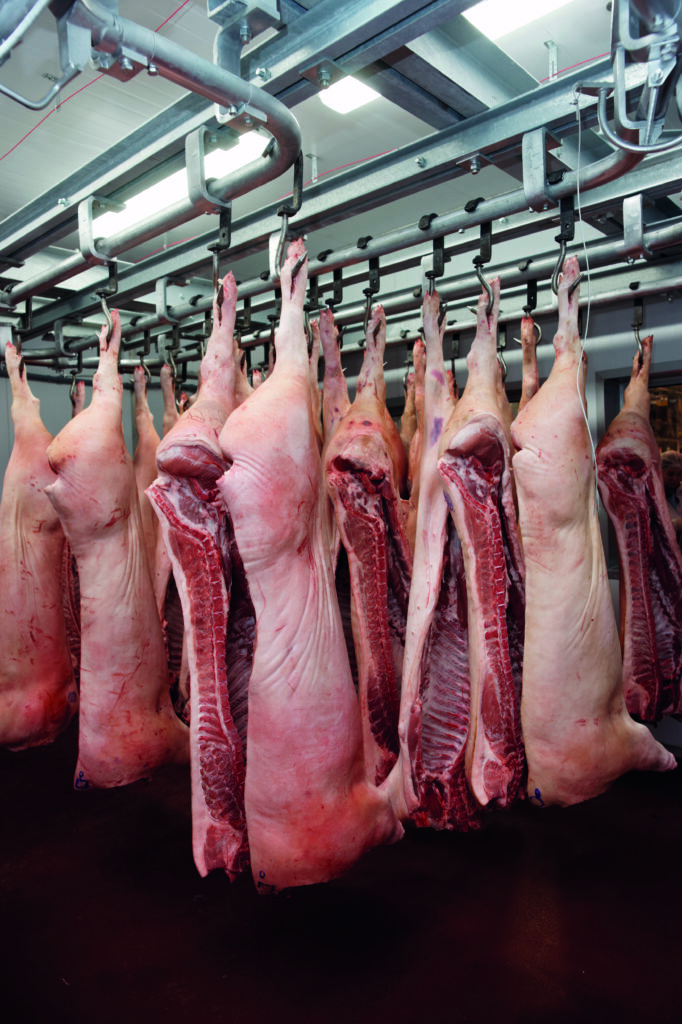Brazilian pork exports remained behind the record levels of last year in Q3, falling 7% to 160.2 thousand tonnes.
This means shipments for the year to date stand 4% behind year earlier levels, at 453.9 thousand tonnes. Nonetheless, given some appreciation of the value of the Brazilian currency, in value terms, the market still grew by 6% across the first nine months of the year.
According to AHDB analysis, substantial reduction in shipments to China has been key to driving the overall decline in Brazilian pork exports this year. At 35.7 thousand tonnes, shipments for the year to date are almost 50% behind 2016 levels, and a reduction of over 65% was recorded for Q3 alone. While Chinese demand has been lower this year in general, it is possible Brazilian shipments were particularly affected due to the reputational damage resulting from the Brazilian meat scandal in March. According to Chinese import statistics, Brazil slipped from the seventh largest supplier in Q3 2016 to the tenth during the same period this year, losing three percentage points of market share.

However, looking forwards expectations are for export volumes to return to levels on par with 2016 next year. This follows from some modest expansion in production, in the region of 1% in according to the latest USDA forecasts. Also, three Brazilian plants have recently secured approval to export to South Korea, with shipments expected to commence in the coming months once sanitary conditions have been confirmed. This increasing market access should also help support export volumes.
For the UK and EU, the expanding presence of Brazil on Asian markets could prove challenging, especially as overall demand from South Korea and China expected to decline next year. However, the positive reputation of British product may help it to maintain a presence in an increasingly competitive global marketplace.




